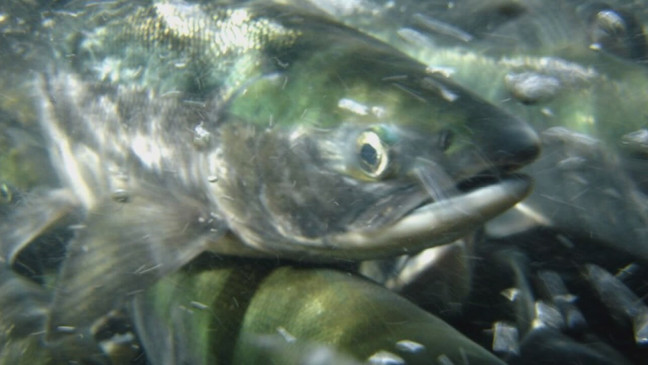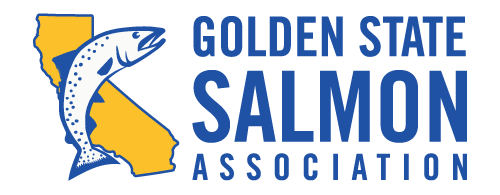Via: https://krcrtv.com By: Mason Carroll
NORTHSTATE AREA, Calif. — Drought and heatwaves hit the Northstate during the summer and took a toll on not only water levels but also the fish living in them. According to new data from the Department of Fish and Wildlife, only about 2.6% of the winter-run juvenile Chinook salmon survived in 2021.
John McManus, president of the Golden State Salmon Association, said there are many factors that contributed to the death of the young salmon, but drought, low water, and rising temperature are leading factors.
“So it’s a little bit complicated, but what killed most of these fish is when the adults laid the eggs the water was too warm and the eggs died,” McManus said. ” The eggs have been fertilized. They were incubating, but they died from hot water temperature.”
The survival rate is the lowest it’s been since 2005, and worse than the 4% survival rate from the 2014-2015 drought. According to the data, about 31,128,320 winter-run eggs were laid in the Sacramento River and only 124,760 baby winter-run survived down to the Delta.
McManus said while people don’t fish off of the winter run, the conditions of the river affect all salmon spawn and could have a ripple effect down the road.

“However the conditions winter-run needs to thrive are many of the same conditions that fall-run need to thrive and survive,” McManus said. “When we have low winter run numbers and we’re going to in three years as a result of this, it will constrain the ocean fishery.”
There are projects in place to try to help bring back the salmon population including one at the Coleman Fish Hatchery that released over half a million salmon in December and plan to release about 1.5 million more this month.
McManus said their organization wishes more water could be delegated to the salmon population. He said he knows people need water first, but for people who grew up enjoying the beautify of the salmon, they want to see them saved.
“Ultimately we may not satisfy everybody, but I think everybody would agree we need to devote our water first and foremost to human health and safety,” McManus said. “Nobody disagrees with that. After that, we tend to have some disagreements. We believe that we need to keep our native species alive and we need to set aside enough water to do that. After that, it can be shared with other water users, but we don’t believe that extinction is something that should be even discussed or on the table?”
